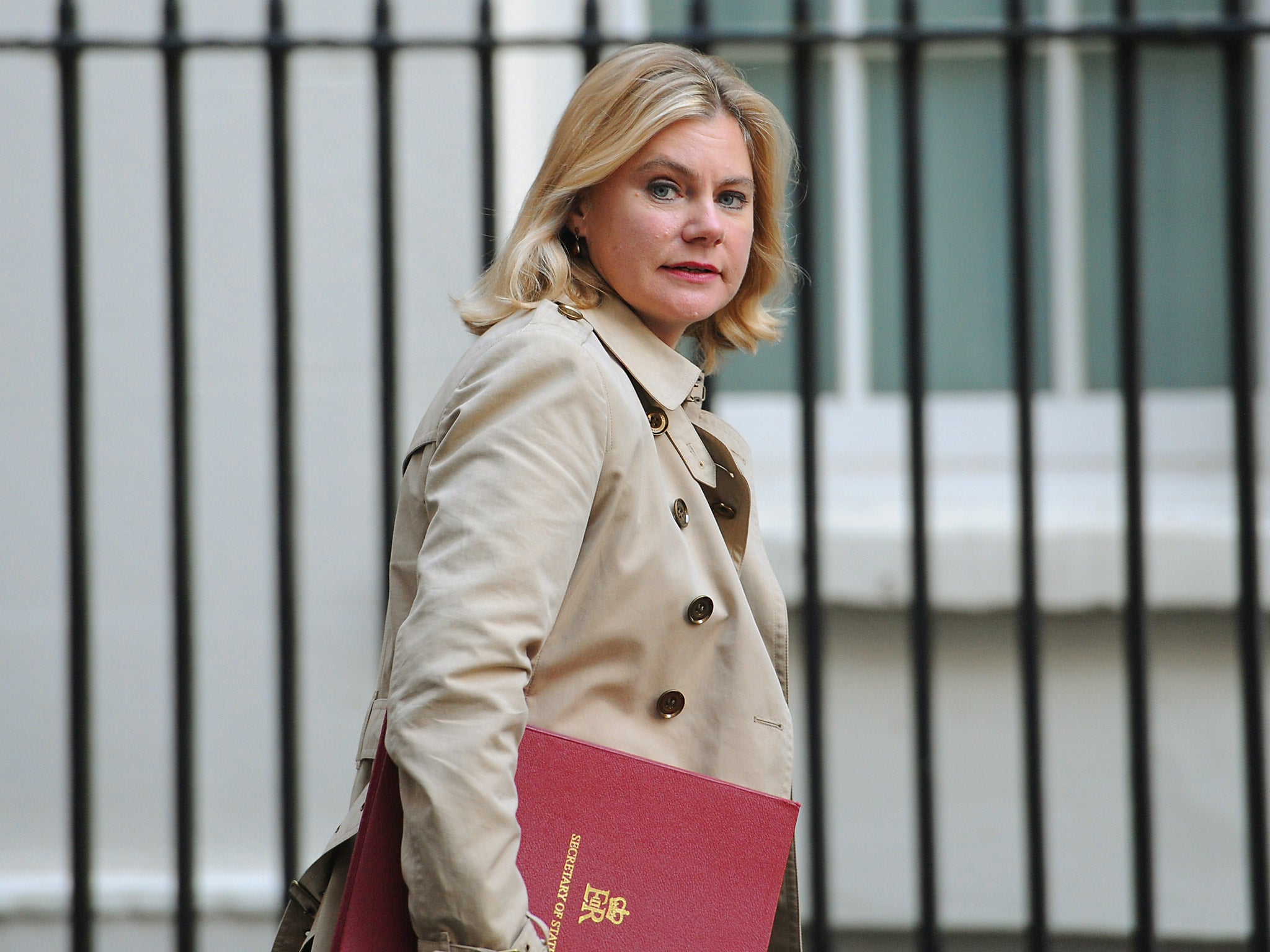This is why the Government won’t be able to bring back grammar schools
In trying to avoid the political problem of a pitched battle in Parliament, with possible defeats and retreats, the Government might jump into a legal quagmire


The Government’s decision to scrap plans to force all under-performing schools to become academies has fuelled speculation at Westminster that Theresa May might also soften her controversial proposals for a new wave of grammar schools.
It is looking increasingly difficult to see how she will get legislation through the Commons, where the SNP threatens to join forces with Tory opponents to block the plan, or the House of Lords, where peers argue they can veto it because it was not in last year’s Tory manifesto.
What was in the manifesto, however, was a pledge to allow “all good schools” to expand, including grammars. Some senior MPs now suspect that the Education Secretary Justine Greening, who initially sounded lukewarm about May’s drive for new grammars, might settle for expanding some of the 163 remaining grammars in the hope that this would not require a Bill. It would be a parallel move to encouraging rather than forcing schools to become academies.
A Green Paper in September, outlining plans to overturn Labour’s 1998 ban on new grammars, also promised £50m a year of upfront government funding to allow existing ones to expand, as some wish to do at satellite sites. This could be an attractive fall-back position for ministers if Tory whips advise them that legislation is unlikely to get through Parliament. However, such a Plan B could be fraught with legal difficulties.
As part of his attempted political rehabilitation after knifing Boris Johnson, an ubiquitous Michael Gove last week endorsed May’s proposals as long as they did not bring back the divisive 11-plus entrance exam (which the Government insists they will not). Rather cheekily, the former Education Secretary claimed he did not propose more grammars because the Tories’ Liberal Democrats Coalition partners would have vetoed them. The Lib Dems have a different recollection of events, recalling hostility towards new grammars from David Cameron, who thought they would undermine his Tory modernisation project. The Lib Dems say Gove was so ambivalent about grammars that he never proposed them, so they had nothing to veto.
It was Gove who in 2013 rejected plans by Weald of Kent Grammar in Tonbridge to open an annexe nine miles away in Sevenoaks. The legal advice Gove was given was that the annexe was a new school rather than extension of an existing one and therefore fell afoul of Labour’s ban.
The Lib Dems are suspicious that this legal advice changed when Nicky Morgan, Gove’s successor as Education Secretary, approved the proposal last year. Tory sources insist the original plan was for a mixed-sex annexe even though the existing school is girls-only. Under the 2015 scheme, girls will be educated at both sites, alongside a mixed-sex sixth form. “I am satisfied that this proposal represents a genuine expansion of the existing school,” Morgan said at the time.
However, the initial legal doubts show how problematic it might be to allow grammars to expand under current legislation. In trying to avoid the political problem of a pitched battle in Parliament, with possible defeats and retreats, the Government might jump into a legal quagmire. Given the legal question marks over the Kent plan, opponents of grammars would be tempted to test some expansion plans in the courts.
May’s flagship domestic policy was a useful diversion which helped her to argue that her Government would not be defined by Brexit. But it could turn into a nightmare.
In another sign of trouble ahead, the Education Select Committee is to conduct an “evidence check” on existing grammars. Its Tory chairman, Neil Carmichael, is a leading opponent of May’s plans. If his committee came out against them, that would be a severe setback.
To be fair, May and Greening have anticipated the criticisms by saying that new grammars would have to meet conditions such as taking a proportion of pupils from poor families and driving up standards by sponsoring non-selective schools.
Yet the most compelling case against grammars was buried in the Government’s own Green Paper. It admitted that, “while those children that attend selective schools enjoy a far greater chance of academic success, there is some evidence that children who attend non-selective schools in selective areas may not fare as well academically – both compared to local selective schools and comprehensives in non-selective areas.”
To avoid a political or legal disaster, the best thing May and Greening could do is to take the advice of Sir Michael Wilshaw, the outgoing head of Ofsted and a former academy school headmaster in Hackney, London. He told the BBC’s Andrew Marr Show on Sunday: “We mustn’t be misty-eyed and nostalgic about the fifties, when a small number of youngsters did very well and 80 per cent of youngsters did badly. I needed those top 20 per cent to lift everyone up and it was my ambition to get 70, 80, 90 per cent of youngsters through their GCSEs. I wouldn’t have been able to do it if the most able youngsters went to the grammar school.”

Join our commenting forum
Join thought-provoking conversations, follow other Independent readers and see their replies